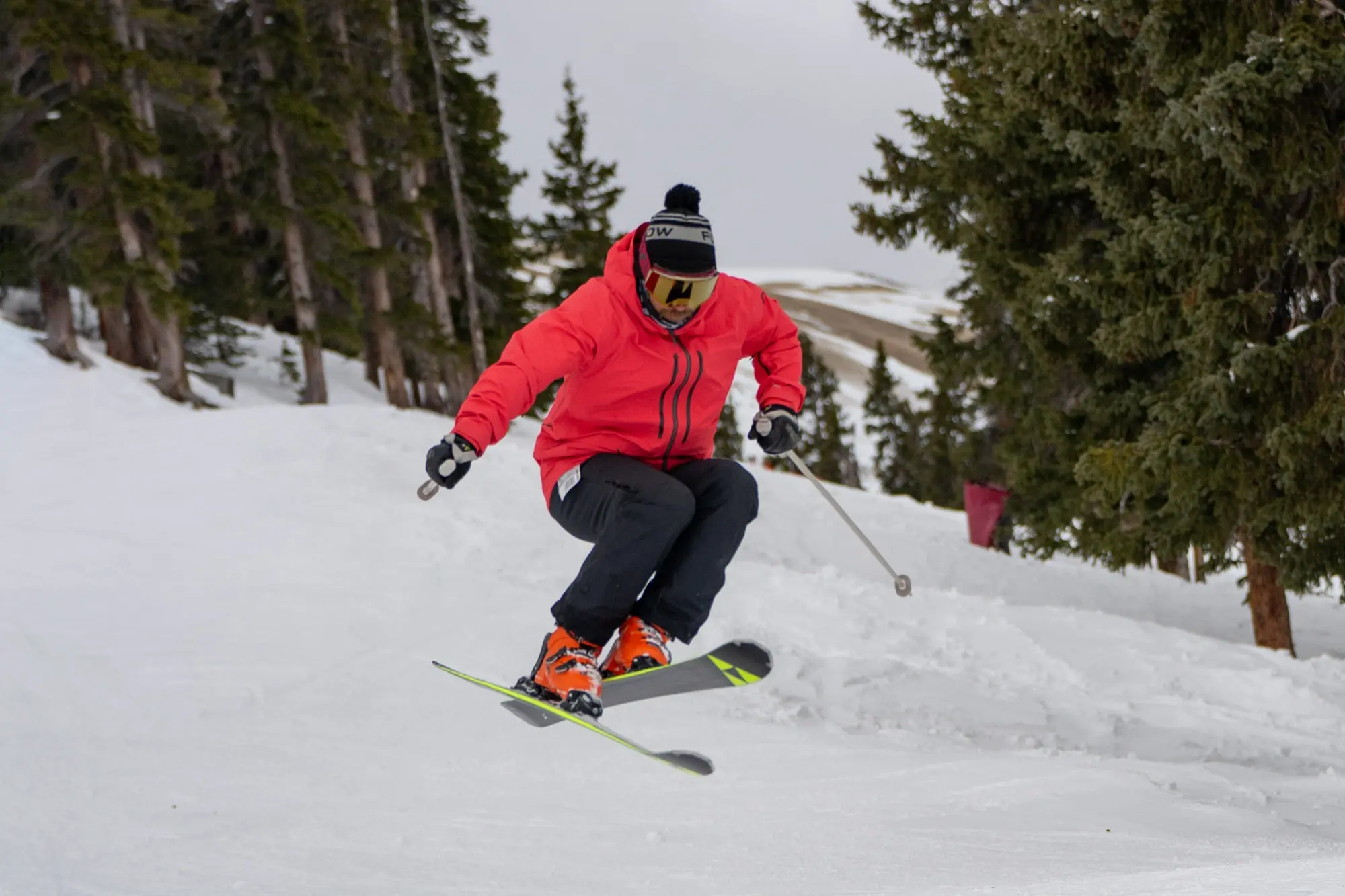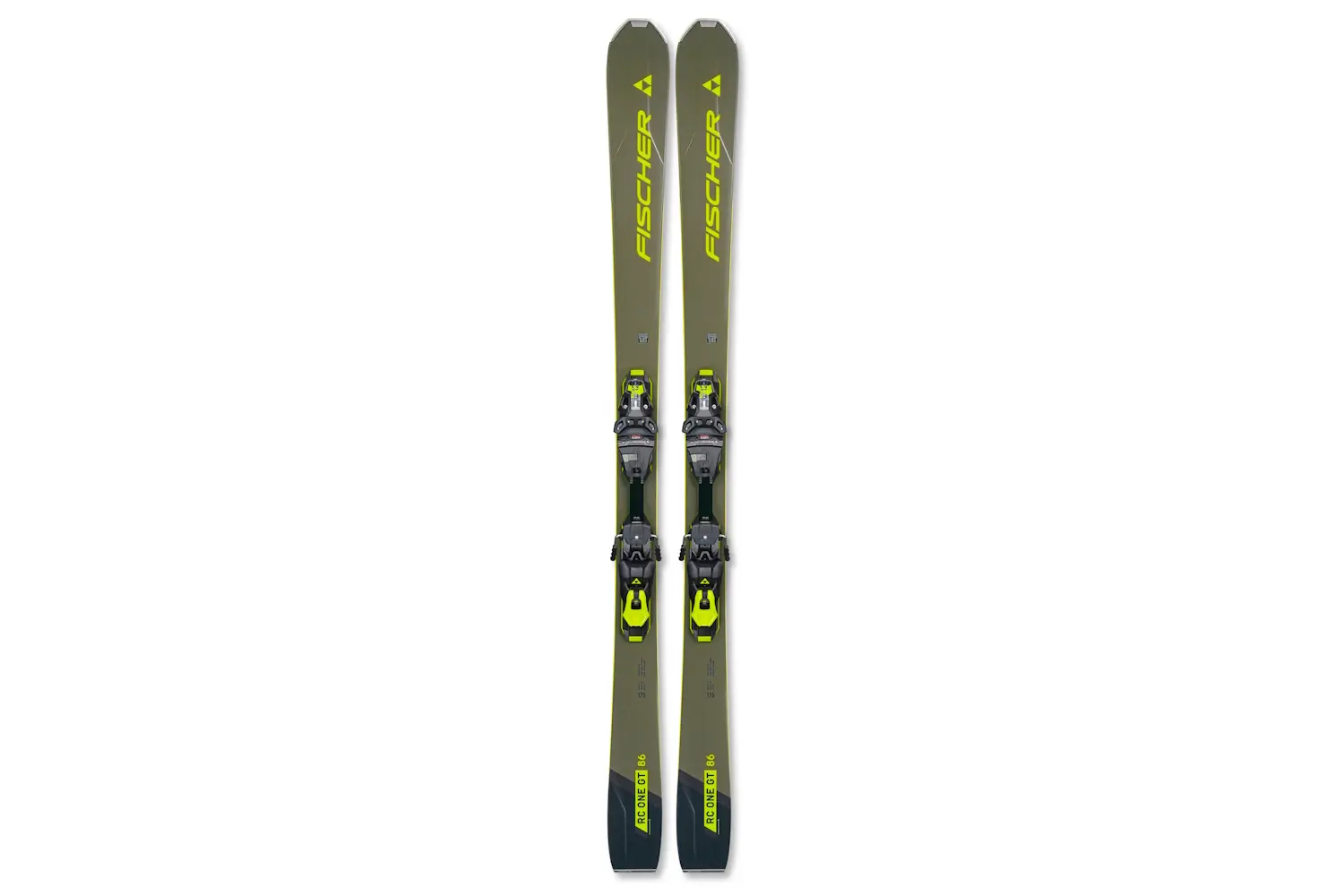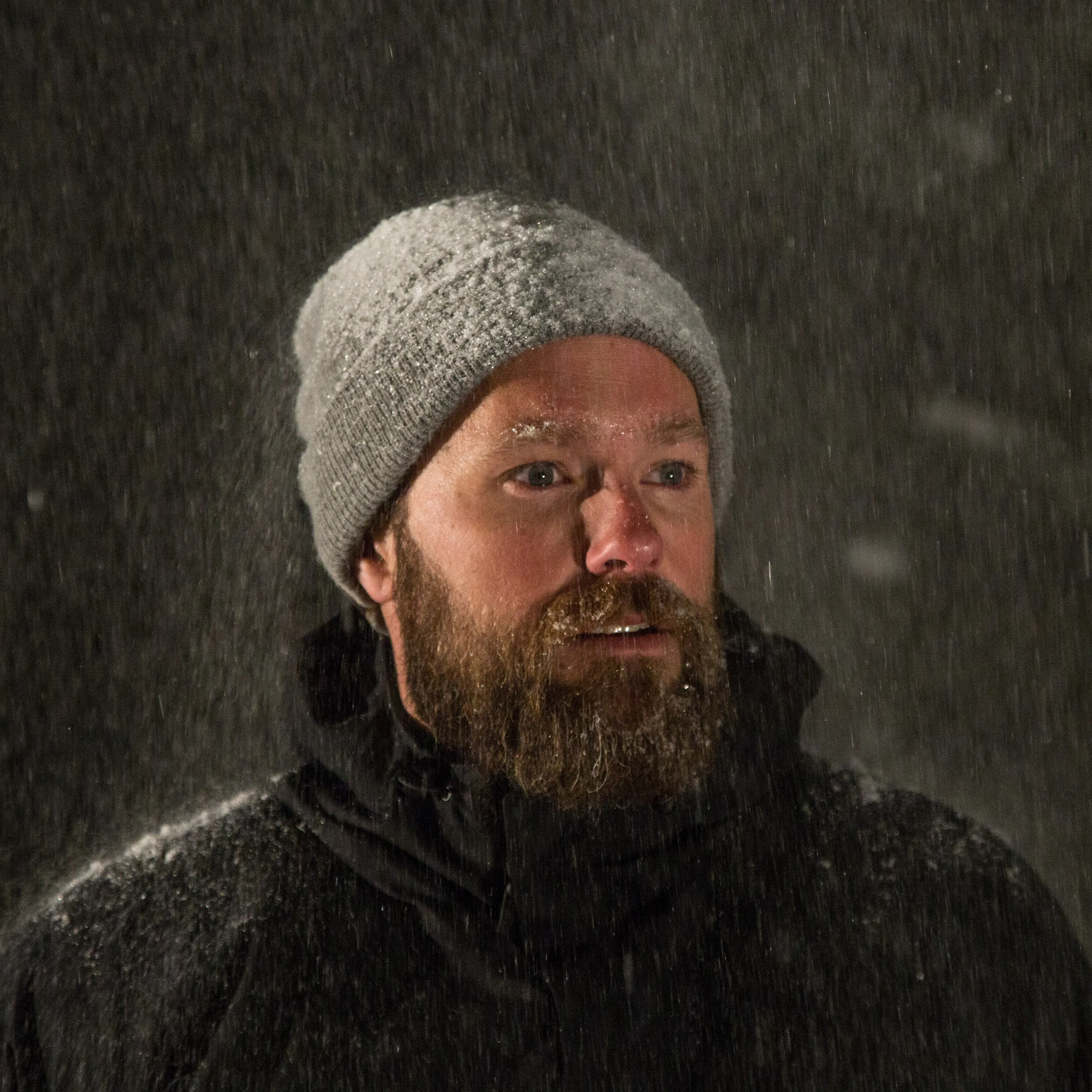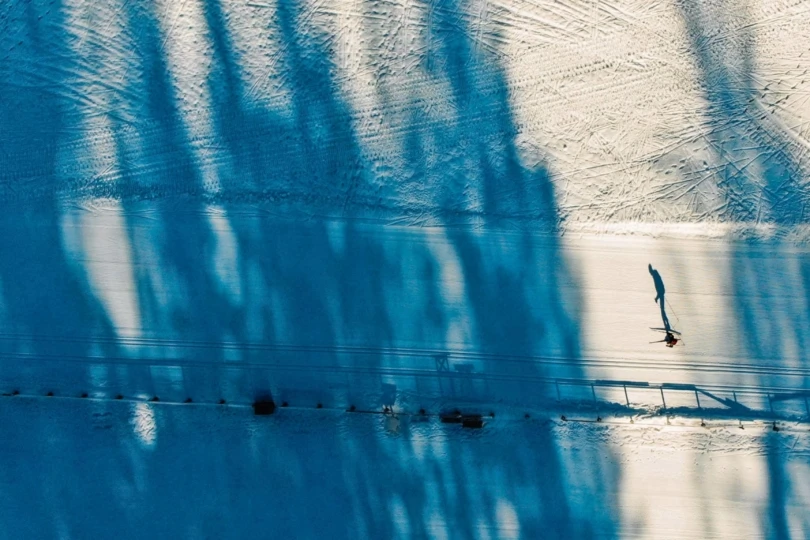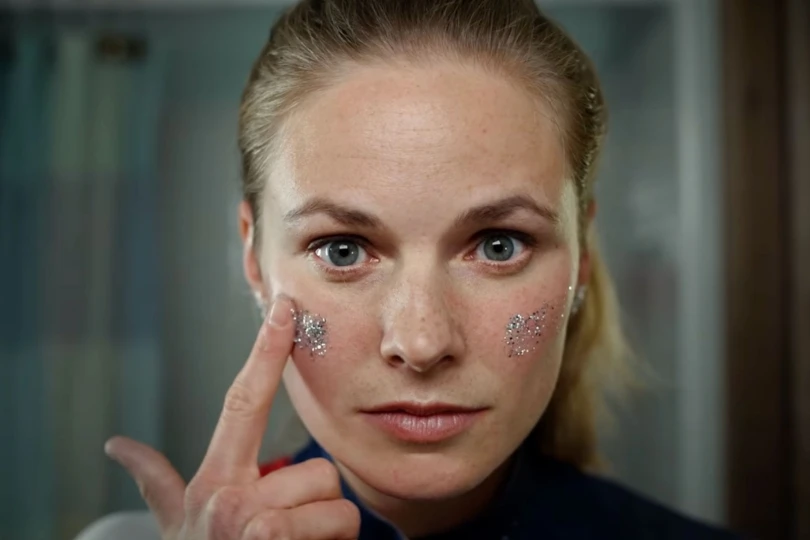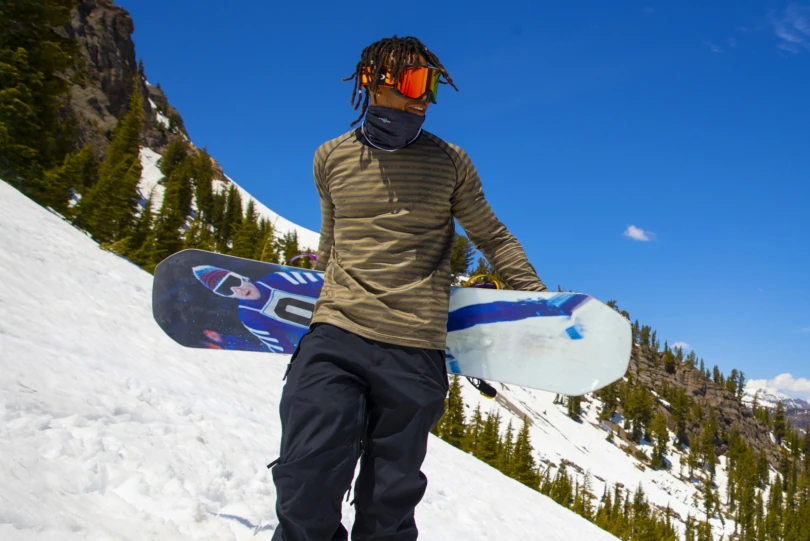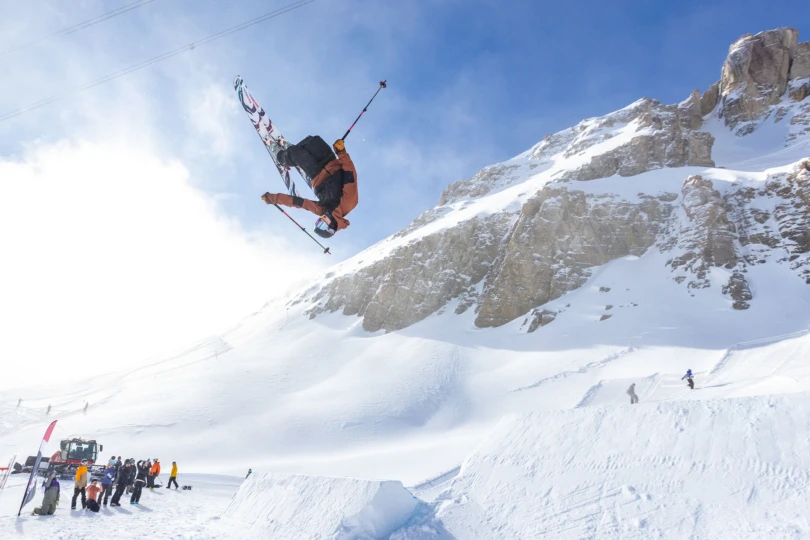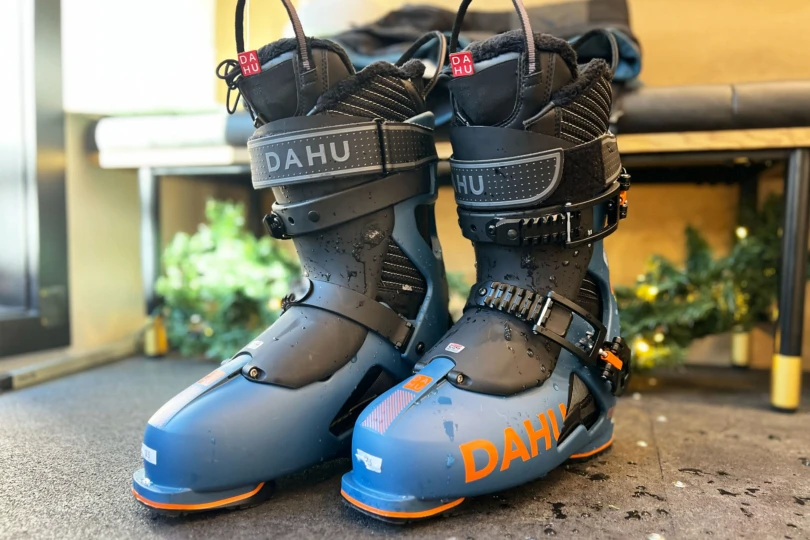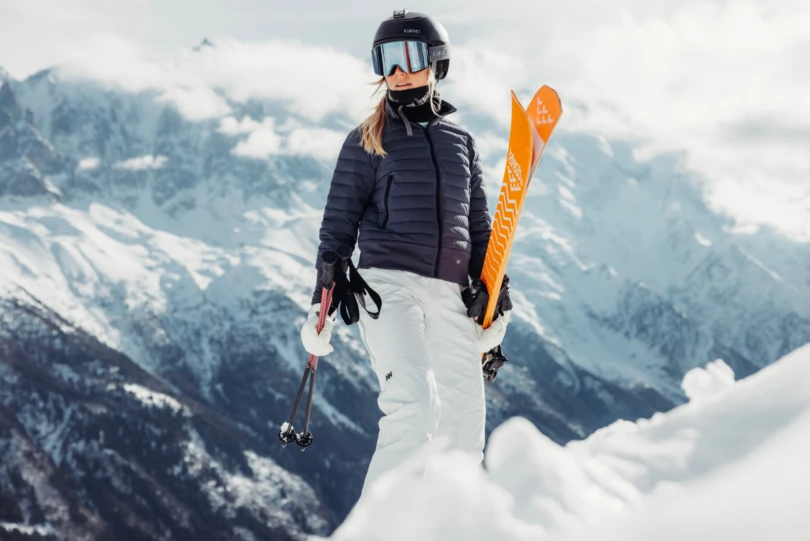If you love carving, get a ski built for it. Most all-mountain skis these days make big promises of being perfect for everything from powder to carving to X-Games. (OK, maybe I’m exaggerating a touch.) The reality is that most skis are better in some conditions than others, and Fischer’s RC One 86 GT doesn’t hide the fact that it’s built for hard snow on the frontside.
This system ski (meaning, a ski that comes with bindings preinstalled) isn’t just some cheap rental fleet pair. Though, it does offer a solid value at a retail price just over $1,000 for the package. The skis get heft and stability from two thicker titanal sheets that are contoured to each ski’s geometry. And, the Protector 13 bindings are capable of handling aggressive expert skiing.
In short: There are plenty of all-mountain skis that carve decently — but the RC One 86 GT is a true carving ski that handles off-piste decently.
Read The Best All-Mountain Skis Buyer’s Guide to see how the Fischer RC One 86 GT stacks up.
- Profile: Camber underfoot, rocker in the tip and tail
- Sidecut radius: 18m (size 182)
- Best for: Intermediate to advanced frontside-first skiers
- Waist widths (mm): 78, 82, 86
- Sizes (cm): 161, 168, 175, 182
- Sustainability: None listed
Pros
- Excellent carving performance on hard snow
- Capable off-piste
- Quality bindings included
Cons
- Limited in soft snow
- Unforgiving for beginners
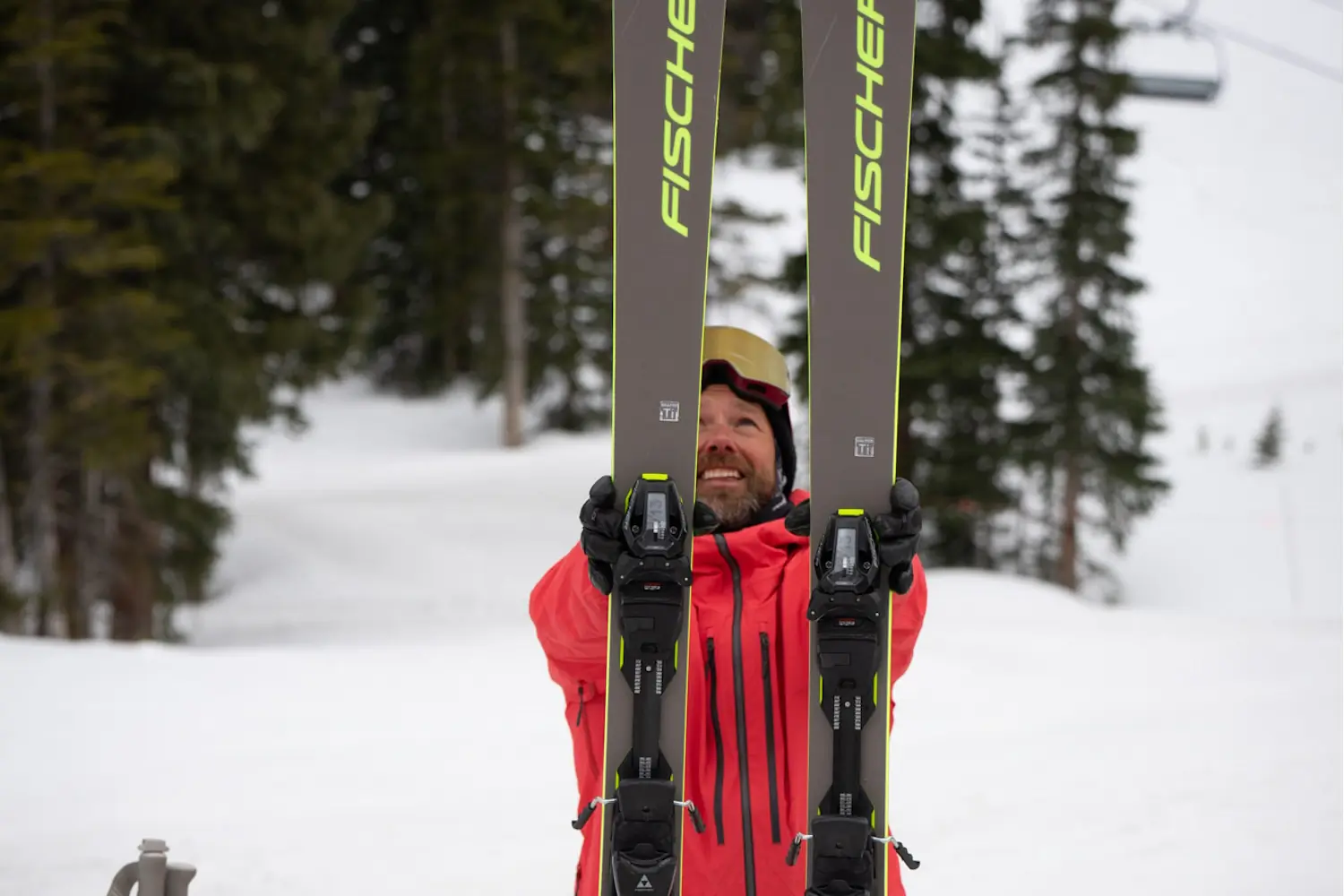
Fischer RC One 86 GT Skis Review
Carving has become a bit of a lost art, with freestyle skiing eclipsing the popularity of ski racing, at least in North America. But it’s a great way to have a blast on groomed terrain. You’re effectively paying the resorts to manicure those runs: You might as well learn how to enjoy it, right?
The Fischer RC One 86 GTs are a perfect tool for enjoying everything the frontside of the mountain has to offer. The RC ONE line also comes in 78mm and 82mm widths, which get closer to true race ski dimensions but sacrifice some off-piste capability. That makes ’em less qualified as all-mountain skis.
For me as a Western skier who normally chases soft snow around the mountain on much fatter boards, testing the RC One 86 GTs was perfect. The overall shape and construction made carving a joy. But the slightly wider platform made them capable for when I got curious about the softer ungroomed snow or saw something to air off.
I rode the Fischer RC One 86 GTs for more than 20 days across an entire season, mostly at my home mountain in Breckenridge, and usually on low-tide days that I knew I’d be happy sticking to groomed runs.
Because my normal daily drivers are 118 mm underfoot and 190 cm long, it took me some time to adjust to the much smaller 182cm RC One 86 GT platform (still the longest in the line). But once I did, I had a blast making turns, more turns, and then some more turns on the RC Ones.
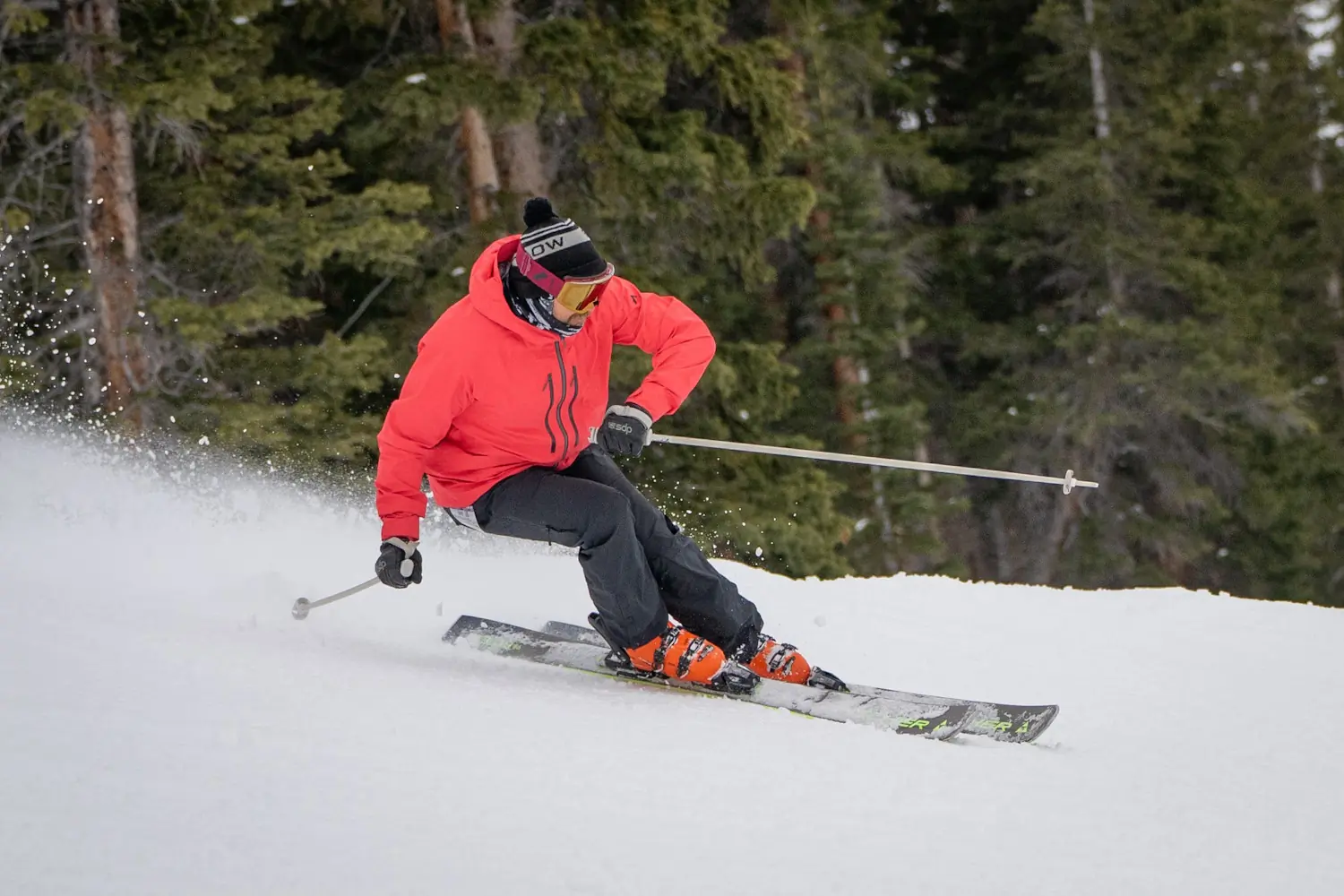



Turns for Days
If you like making turns, you will like the RC One 86 GTs. Not everyone does. If you prefer a less-structured descent down the hill that mixes turns, cruising, bumps, jumps, and who knows what else, there are plenty of jack-of-all-trades all-mountain skis for you.
Competent carving, however, is more enjoyable with a pair of sticks built for the task, and the RC One 86 GTs are that. Fischer makes plenty of true race skis loaded with edge-to-edge metal that are the pinnacle of carving skis. But most recreational skiers don’t have the training, stamina, or dedication to be able to truly drive those skis all day.
The RC Ones take it a step back, adding a modest nose and tail rocker and softening the tip and tail by tapering the metal (which the brand calls Turn Zone Technology) to give them a more forgiving flex. That detail lets amateurs like me enter and exit turns more easily.
These claims were supported by on-snow testing, and I had an easier time lining out smooth, symmetrical arcs than with other, burlier carvers I’d tested. Per their claims, I was able to confidently carve at a range of speeds and with a range of turn radiuses both tighter and wider than the stated 18m radius.
That said, I felt like you had to meet these skis at least halfway and put some power and technique into them to have the best experience. As such, these aren’t the best skis for beginners. The RC Ones want to be on their edges. If I got lazy and wanted to just cruise on flat bases at low speeds, the skis became more squirrelly underfoot, which could literally trip up less confident skiers.
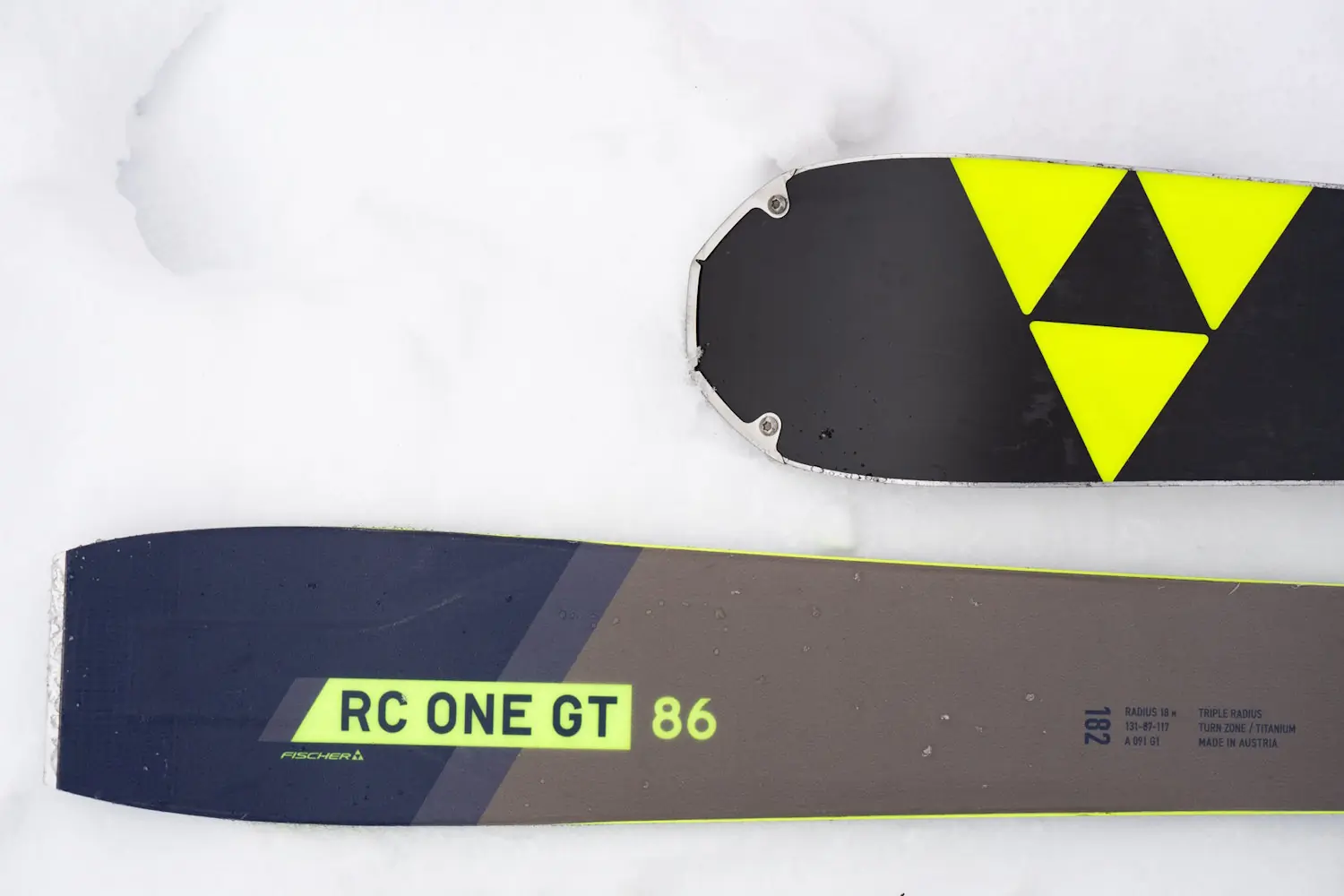



Light-Duty Off-Piste Performance
As great as they are carving, the Fischer RC One 86 GTs aren’t a one-trick pony. They’re surprisingly capable and playful in mixed conditions as long as things don’t get too deep. As I noted above, they’re at their best when skied actively (no breaks!). But the slightly soft, rockered tips easily navigate moguls and light chop on the margins of trails.
They seemed to prefer harder snow, and the carving performance actually took a hit if the snow was too soft and forgiving, but they handled themselves admirably in a range of true off-piste conditions. The shorter length and narrower waists weren’t confidence-inspiring at high speeds in variable snow. But if you keep your speed in check, they’re stable and adaptable enough to carve in a freestyle kind of way through almost anything, provided you have the strength and technique.
If you really value off-piste and want an all-rounder that carves well, the Nordica Enforcer line and many other popular skis have a more well-rounded skill set while still carving capably. To hammer home the headline here: the Fischer RC One 86 GT skis are a carving ski that has some all-mountain capability, not the other way around.
Built-In Bindings
Most skiers don’t put too much thought into their choice of bindings. But if you’re skiing aggressively and mixing it up off-piste, you want a binding that reliably stays put when it should and releases when it needs to. The RC One 86 GTs come with Fischer’s Protector 13 bindings, which offer a fairly high DIN range appropriate to their intended use.
These are technically a Tyrolia binding licensed by Fischer, and they’re not just any old boot holders slapped on for value. Unlike most ski bindings, the heel piece here includes lateral elasticity that prevents dangerous pre-releases but also rotates to release when needed. This can help prevent twisting falls that sideline a lot of skiers by tweaking their knees. Safety isn’t sexy and doesn’t sell a ton of skis, but your knees will be quietly glad the tech is there.
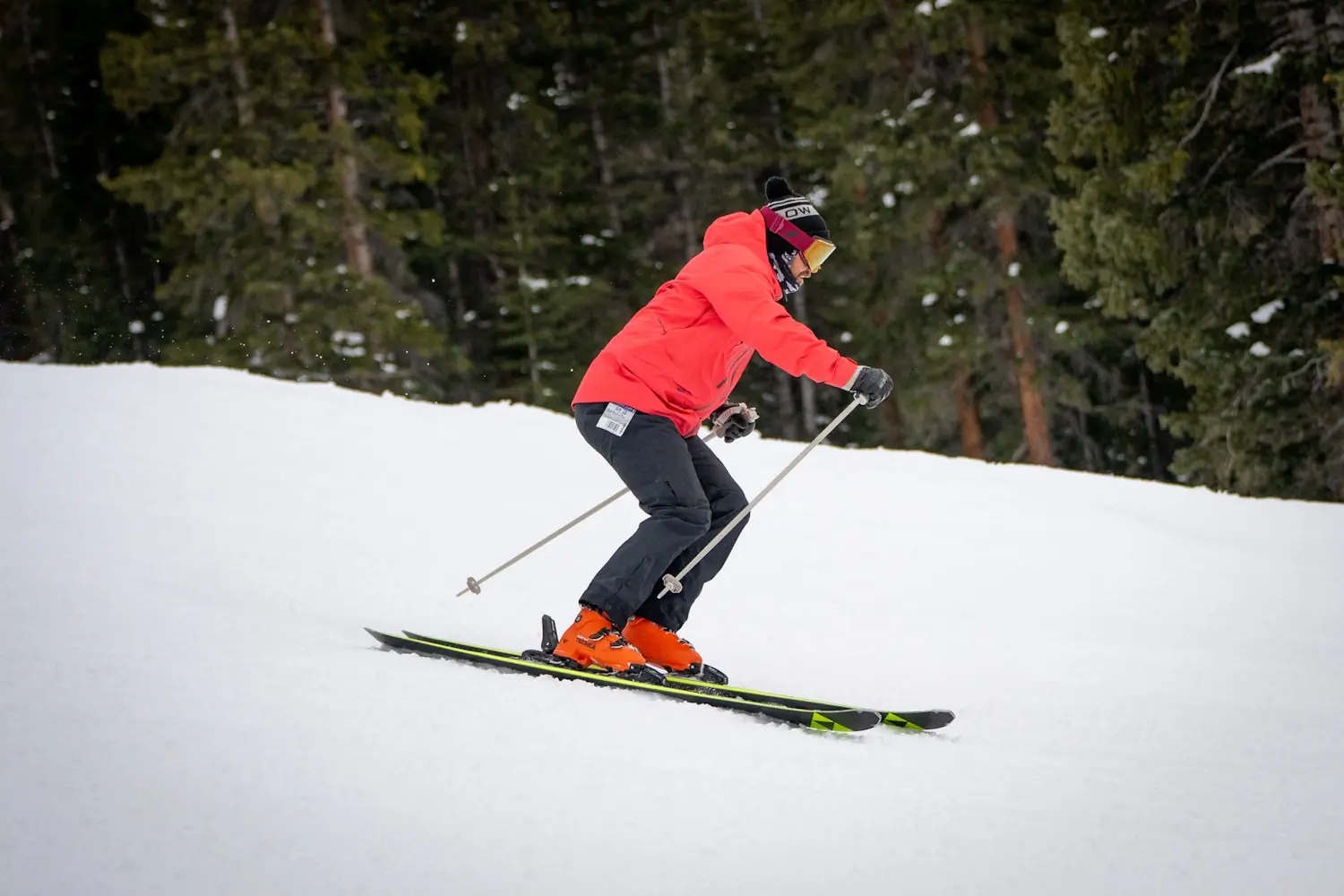



Fischer RC One 86 GT: Conclusion
The Fischer RC One 86 GTs can serve as a one-ski quiver and all-mountain option for frontside skiers that aren’t wooed by fresh snow very often. This ski is best for intermediate and up carvers who would always choose corduroy over fields of pow.
If you plan on using different skis for different days, this ski is perfect for using how I did: as a low-tide set for making the most of a day on-piste that can be swapped out for fatter boards when storms roll in.
East Coast skiers and pure carvers may consider the narrower widths of the RC One lineup. But the RC One 86 GTs have no problem getting on edge and will carve well enough for all but the most judicious ex-racers.
But if you’re a casual skier looking for something forgiving that doesn’t need to be driven, there are lots of other options in the wide-ranging all-mountain category. You can read more about our favorites in The Best All-Mountain Skis Buyer’s Guide.
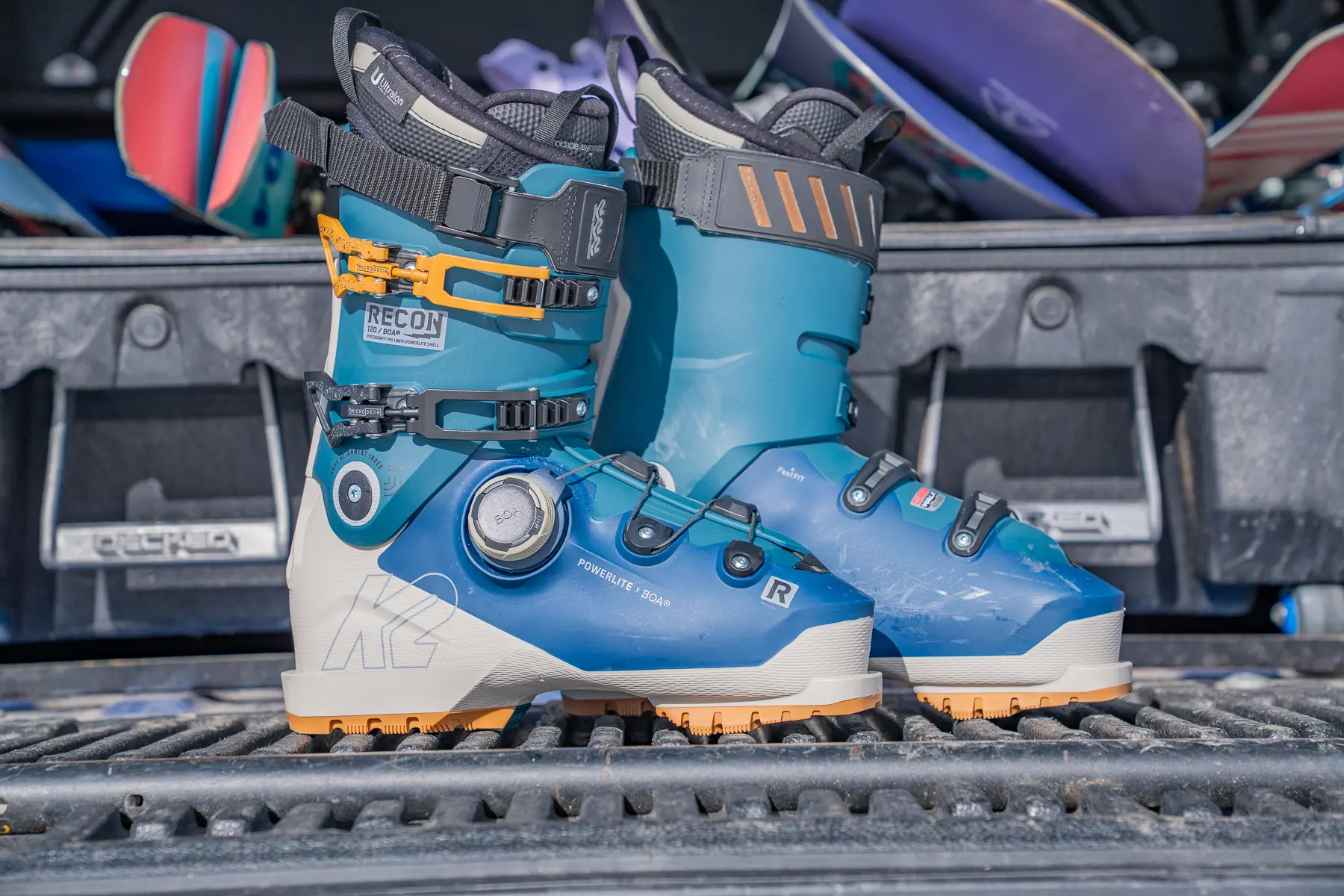

The Best Ski Boots of 2026
Our experts tested the season’s best ski boots from traditional buckles to the latest BOA-equipped models including downhill, hybrid, and backcountry pairs from K2, Salomon, Tecnica, and more.
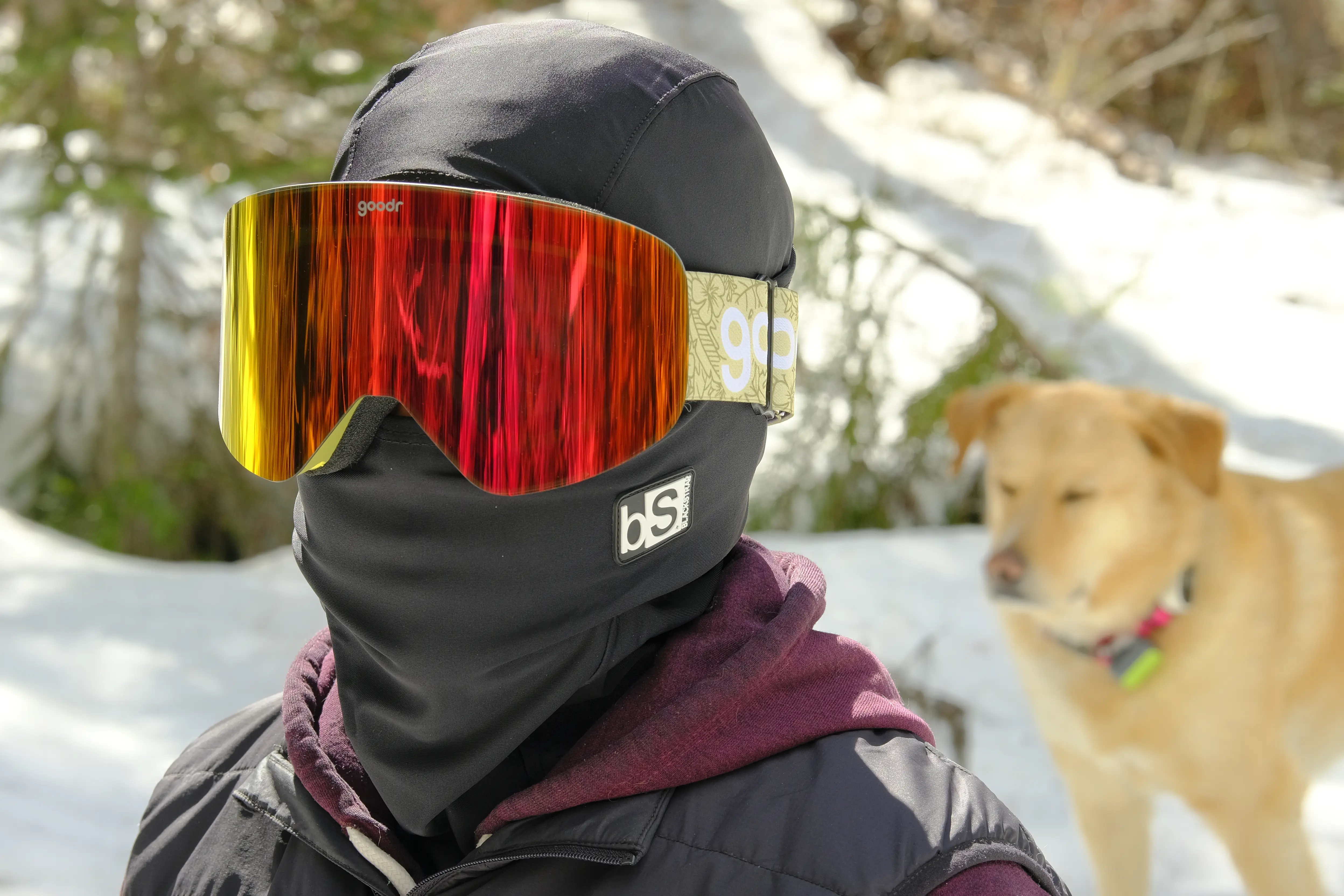

The Best Face Coverings for Skiing & Snowboarding of 2026
We tested the best face coverings for skiing and snowboarding from Turtle Fur, Buff, REI, Smartwool, and more to help you find the best option for your needs and budget.
